?? about types of solar water heaters
woodswell
17 years ago
Related Stories
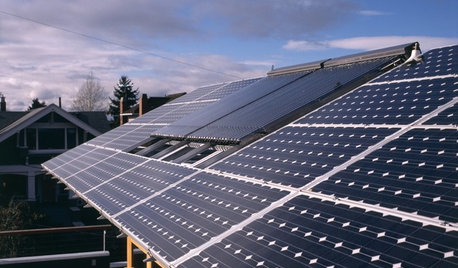
GREEN BUILDINGLet’s Clear Up Some Confusion About Solar Panels
Different panel types do different things. If you want solar energy for your home, get the basics here first
Full Story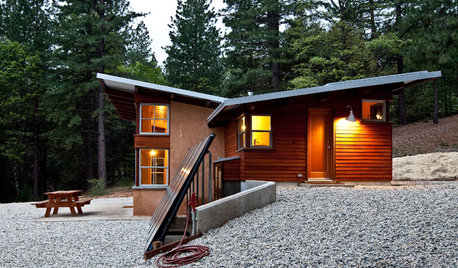
GREAT HOME PROJECTSHow to Add a Solar Water Heater
Lower energy bills without a major renovation by putting the sun to work heating your home’s water
Full Story
GREAT HOME PROJECTSHow to Switch to a Tankless Water Heater
New project for a new year: Swap your conventional heater for an energy-saving model — and don’t be fooled by misinformation
Full Story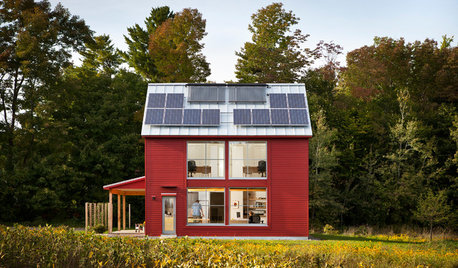
GREEN BUILDINGGoing Solar at Home: Solar Panel Basics
Save money on electricity and reduce your carbon footprint by installing photovoltaic panels. This guide will help you get started
Full Story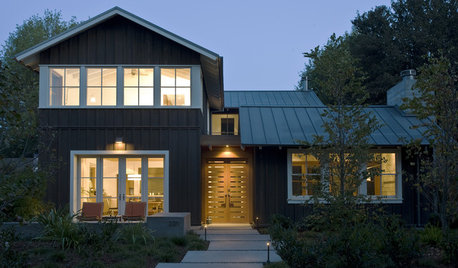
LIGHTINGHow to Choose the Right Solar Lights
Learn about different types of outdoor solar lights, where to use them and why you might want to avoid the bargain bin
Full Story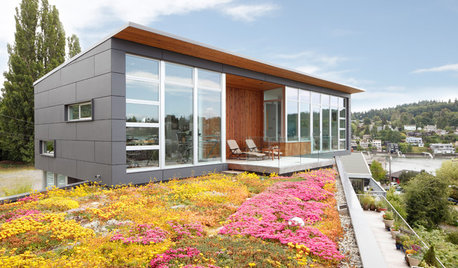
CONTRACTOR TIPSBuilding Permits: What to Know About Green Building and Energy Codes
In Part 4 of our series examining the residential permit process, we review typical green building and energy code requirements
Full Story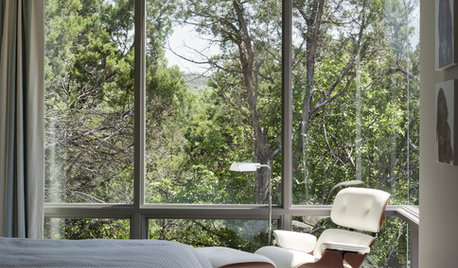
DECORATING GUIDESThe Art of the Window: Drapery Solutions for Difficult Types and Shapes
Stymied by how to hang draperies on a nonstandard window? Check out these tips for dressing 10 tricky window styles
Full Story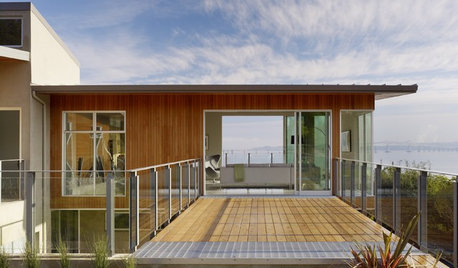
GREEN BUILDINGWhat's LEED All About, Anyway?
If you're looking for a sustainable, energy-efficient home, look into LEED certification. Learn about the program and its rating system here
Full Story
FUN HOUZZHouzz Call: Tell Us About Your Dream House
Let your home fantasy loose — the sky's the limit, and we want to hear all about it
Full Story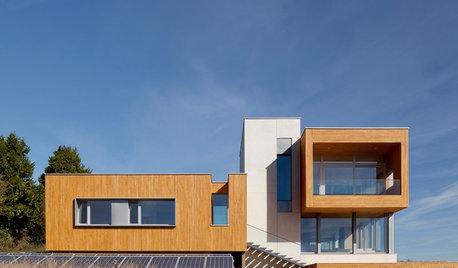
GREEN BUILDINGSunlight Used Right: Modern Home Designs That Harness Solar Power
Embracing passive heating principles through their architecture, siting and more, these homes save energy without skimping on warmth
Full StorySponsored






bushleague
bushleague
Related Professionals
Montclair Solar Energy Systems · Syosset Solar Energy Systems · Lincolnia Home Builders · Aliso Viejo Home Builders · Holiday Home Builders · Placentia Home Builders · Greenwich Roofing & Gutters · Houston Roofing & Gutters · Rockville Roofing & Gutters · Santa Fe Roofing & Gutters · Valdosta Roofing & Gutters · Washington Roofing & Gutters · The Colony Roofing & Gutters · Golden Valley Roofing & Gutters · SeaTac Roofing & GutterswoodswellOriginal Author
woodswellOriginal Author
solargary
solargary
woodswellOriginal Author
bushleague
woodswellOriginal Author
sandylighthouse
bushleague
liz_h
rockwater
ioakim
solargary
ioakim